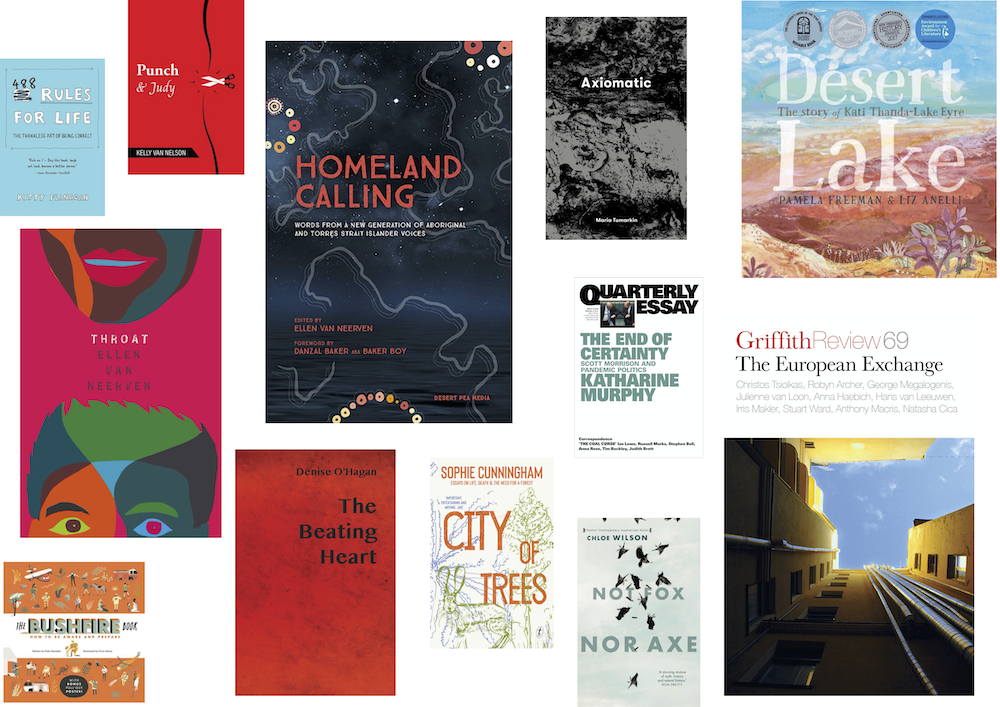
Hello Readers!
For October there was:
Reviews: 14
Reviewers: 10
Books Reviewed: 14 (6 poetry)
The most prolific reviewer was: Georgia Rose on Goodreads with 3 books reviewed – congratulations & thank you!
There were no multiple reviews of a single title this month, but two of Ellen van Neerven’s books were reviewed by different reviewers.
The Personal & Political
Since our round up includes both non-fiction and poetry it is perhaps inevitable that one of the persistent undercurrents will be the closeness of the personal and the political. Many of the reviews this month fall under this category in some way. They are books that are genre-resistant, boundary-pushing pieces of collective art or culturally responsive writing that imbue the tensely political climate of the times with raw emotion and beautiful expressions of social critique.
Ellen van Neerven – Throat and Homeland Calling
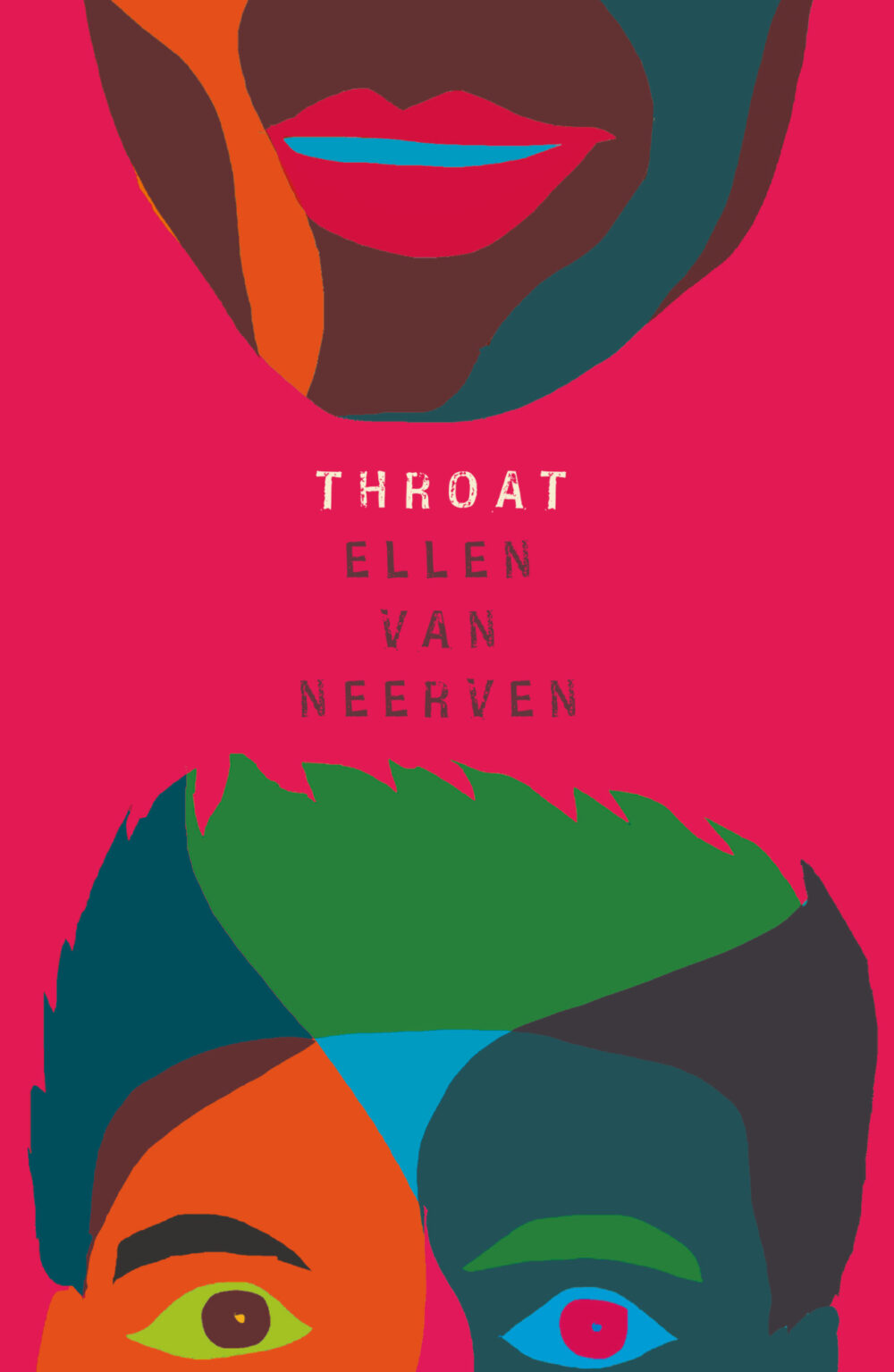 This begins with two seperate reviews of Mununjali Yugambeh writer Ellen van Neerven. Cass Moriarty on Goodreads reviewed the poetry collection Throat, praising it highly and saying that it “is a stunning, at times quietly thoughtful and then bravely confrontational collection that explores language, history, country, love and belonging with tenderness, emotional honesty, vulnerability and courage.” Released earlier this year, it is a poetry that collides with, and absorbs into verse, complex and uncomfortable truths about Australia’s relationship with itself. As Moriarty so eloquently puts it:
This begins with two seperate reviews of Mununjali Yugambeh writer Ellen van Neerven. Cass Moriarty on Goodreads reviewed the poetry collection Throat, praising it highly and saying that it “is a stunning, at times quietly thoughtful and then bravely confrontational collection that explores language, history, country, love and belonging with tenderness, emotional honesty, vulnerability and courage.” Released earlier this year, it is a poetry that collides with, and absorbs into verse, complex and uncomfortable truths about Australia’s relationship with itself. As Moriarty so eloquently puts it:
Also released earlier this year,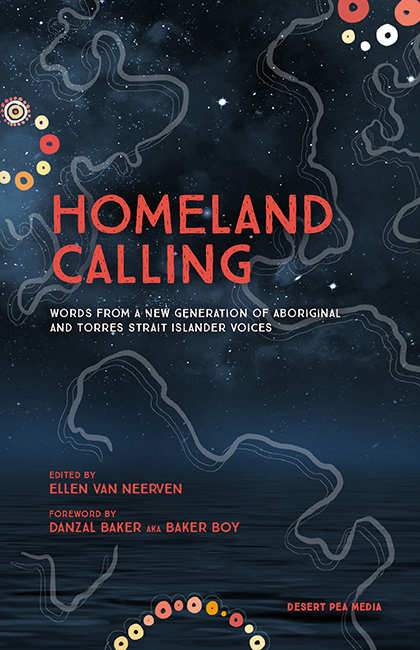 was an anthology of Indigenous lyrical pieces entitled Homeland Calling: Words from a New Generation of Aboriginal and Torres Strait Islander Voices which was edited by Ellen van Neerven. It was reviewed for the first time by the indomitable reading force that is Georgia Rose on Goodreads. It is a collection of hip hop lyrics by young artists, and transcends the page with the songs also available on streaming services such as Spotify that, in tandem, complement the reading experience (here). So cool!
was an anthology of Indigenous lyrical pieces entitled Homeland Calling: Words from a New Generation of Aboriginal and Torres Strait Islander Voices which was edited by Ellen van Neerven. It was reviewed for the first time by the indomitable reading force that is Georgia Rose on Goodreads. It is a collection of hip hop lyrics by young artists, and transcends the page with the songs also available on streaming services such as Spotify that, in tandem, complement the reading experience (here). So cool!
Rose writes that the “songs deal with topics like drug and alcohol abuse, depression and suicide and family violence as well as the importance of rebuilding connections to country and community and a sense of pride and hope for the future.” Going on to say how it is “awesome to hear the words sung out loud by young kids and elders from different communities” and that this immersive experience of Indigenous languages is aided by a “glossary at the back which help[s] translate between traditional languages or Aboriginal English on the one hand, and whitefulla English on the other”, as well as an index explaining some of “the key historical events, dreaming stories and current issues affecting the people who made each of the songs featured in the book.”
Please consider purchasing a copy of this book if you are interested in reading it (and you’re able to), as all royalties from its sale will go towards Desert Pea Media’s training and development programs in Indigenous communities ❤︎
Journals, Periodicals, Quarterlies
I love receiving reviews for this hugely important facet of Australian publishing because they so often embody this Non-Fiction & Poetry round up melting pot. Historically speaking, they are the bedrock of literature and it’s great to see them persist in Australia, especially when they are being headed by women.
Special thanks to Janine Rizzetti who consistently writes wonderful reviews of Quarterly Essay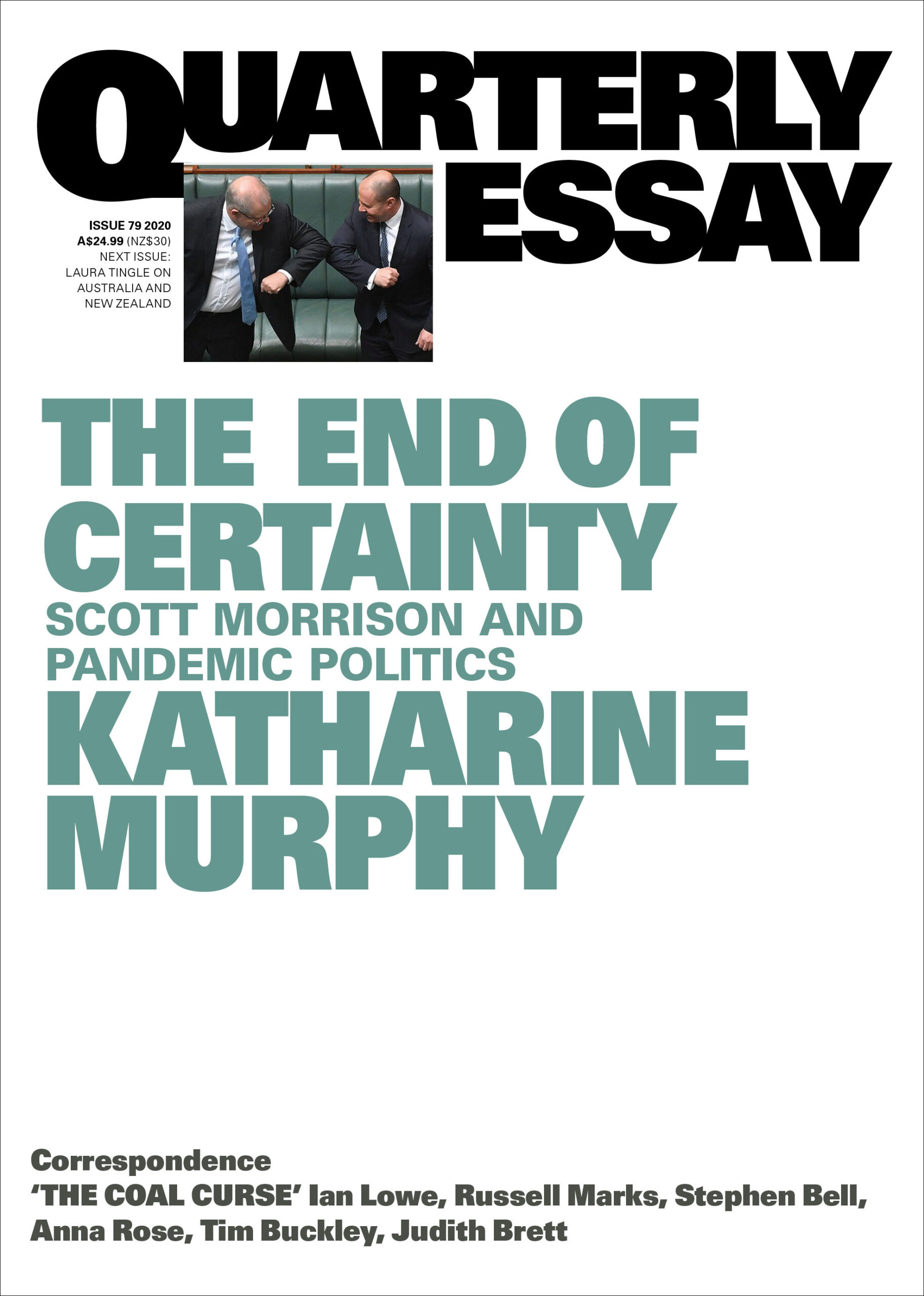 including the latest issue by Katharine Murphy released in September entitled The End of Certainty (#79). As Rizzetti writes,
including the latest issue by Katharine Murphy released in September entitled The End of Certainty (#79). As Rizzetti writes,
This edition of the Quarterly Essay epitomises the collision of the political and the personal, although possibly—I think Rizzetti implies—to its detriment. Although the interest in the relationship between Morrison and “pandemic politics” may be a fascinating one, it is perhaps one we don’t have room for when we are still in the middle of the crisis being discussed, which has only worsened since being written. I love Rizzetti’s line that “Pragmatism, in the absence of anything else, is amorphous”.**
Also reviewed this month by Cass Moriarty was Griffith Review’s The European Exchange (#69) edited by Ashley Hay. A timely array of pieces, many of which also respond to the COVID crisis, it is primarily about the deep and complex relationships between Europe and Australia. And considering the multifaceted and interdisciplinary approach of this publication, it is incredibly helpful in understanding its contents when Moriarty succinctly summarises it in this way:
“With contributions by Christos Tsiolkas, George Megalogenis, Julienne van Loon, Frank Bongiorno, Robyn Archer, Irris Makler, Gabriella Coslovich and Pat Hoffie, this is truly a multicultural edition compiled from a great depth of informed writers.
**Although there wasn’t room to include a discussion of Janine Rizzetti’s other review for this month, of City of Trees: Essays on Life, Death and the Need for a Forest by Sophie Cunningham, it is absolutely worth checking out in full as well (here), especially if you’re looking to turn your personal-come-political glasses onto a release from this year about the environment and the indispensability of nature.
Special Mention – Poetry
This debut poetry collection by Denise O’Hagan sounds so utterly fascinating and I’m immensely grateful for Jonathan Shaw’s review for making me aware of The Beating Heart. The title is an allusion to the continuous pulsing of feelings that lie beneath the surface reality of our lives and the poems parse all things temporal: memory, perspective, age, place. What’s autobiographical becomes universal in what Shaw says is technical verse sustained by a “loose, informal, uncontrived openness” that is “art that conceals art and feels like a natural voice speaking directly, warmly and openly.” I love that Shaw incorporated a poem of response into the review, some of which goes:
friend,’ my friend wrote years ago,
not something only for painstaking
Non-Fiction Kid’s Corner
Hopefully this will become a regular component of the round up, and since we’re 2 for 2 so far the odds are looking good!
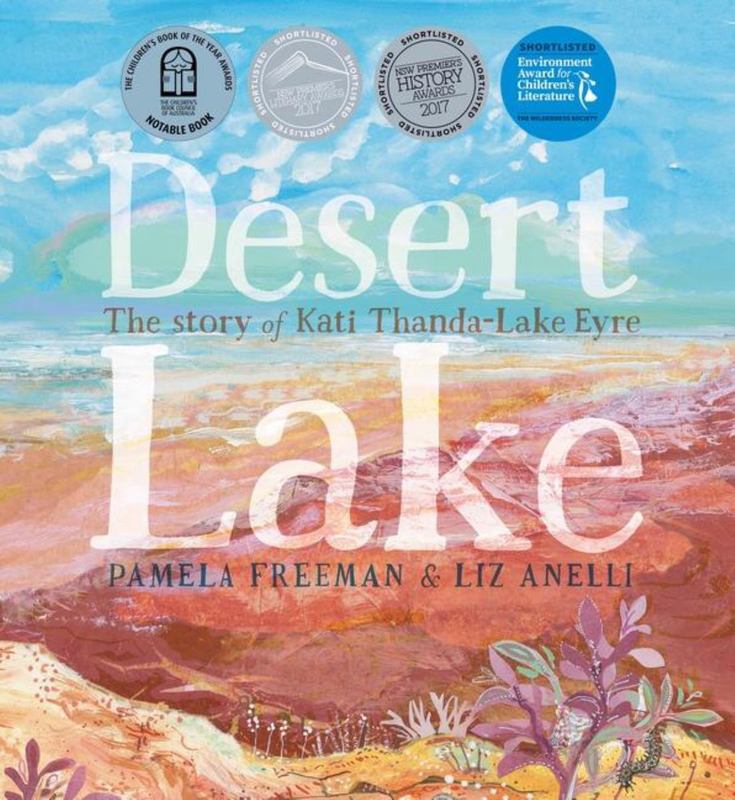 The absolutely beautiful Desert Lake was reviewed by Brenda Telford on Goodreads. This nature storybook is subtitled ‘The Story of Kati Thanda – Lake Eyre’ and takes the reader through seasons, landscapes, and the cycles of nature and her creatures. Brenda highly recommends it saying, the “words are magical [and] Pamela Freeman has written a perfect children’s book, with Liz Anelli’s pictures adding to the pleasure of the read.”
The absolutely beautiful Desert Lake was reviewed by Brenda Telford on Goodreads. This nature storybook is subtitled ‘The Story of Kati Thanda – Lake Eyre’ and takes the reader through seasons, landscapes, and the cycles of nature and her creatures. Brenda highly recommends it saying, the “words are magical [and] Pamela Freeman has written a perfect children’s book, with Liz Anelli’s pictures adding to the pleasure of the read.”
For the second time this year, The Bushfire Book: How to be Aware and Prepare was also reviewed. Last month by Brenda Telford (here) and this month by Tracey at Carpe Librum (here). Considering the difficult subject and the challenges of adapting it for younger readers, it is perhaps unsurprising that the reviews are a little mixed despite the overall consensus that it is a great book to begin introducing the topic of bushfires to kids of Australia.
Thanks to all the Reviewers
Here is a list of all the reviewers mentioned this month and where you can find their work. Visit them, if and when you can. Say that I sent you!
-
- Georgia Rose – here at Goodreads
- Cass Moriarty — here at Goodreads
- Janine Rizzetti — at The Resident Judge of Port Phillip
- Jonathan Shaw — at shawjonathan.com
- Brenda Telford — here at Goodreads
- Tracey — at Carpe Librum
If you’re feeling a bit miffed because your review didn’t make an appearance, it may be better placed in one of our other genres or the book it discusses may have been covered at length already. Unfortunately, we aren’t able to fit all reviews into our round ups but it doesn’t mean we appreciate them any less!
Until Next Month!
Happy Reading 🤓📚
And remember, you can join the Australian Women Writers Challenge at any time. You don’t need a website or even a Goodreads account. You can post your review on Facebook, Instagram or any other online medium – Sign Up for the Challenge or Add Your Review now.
Virginia Ives

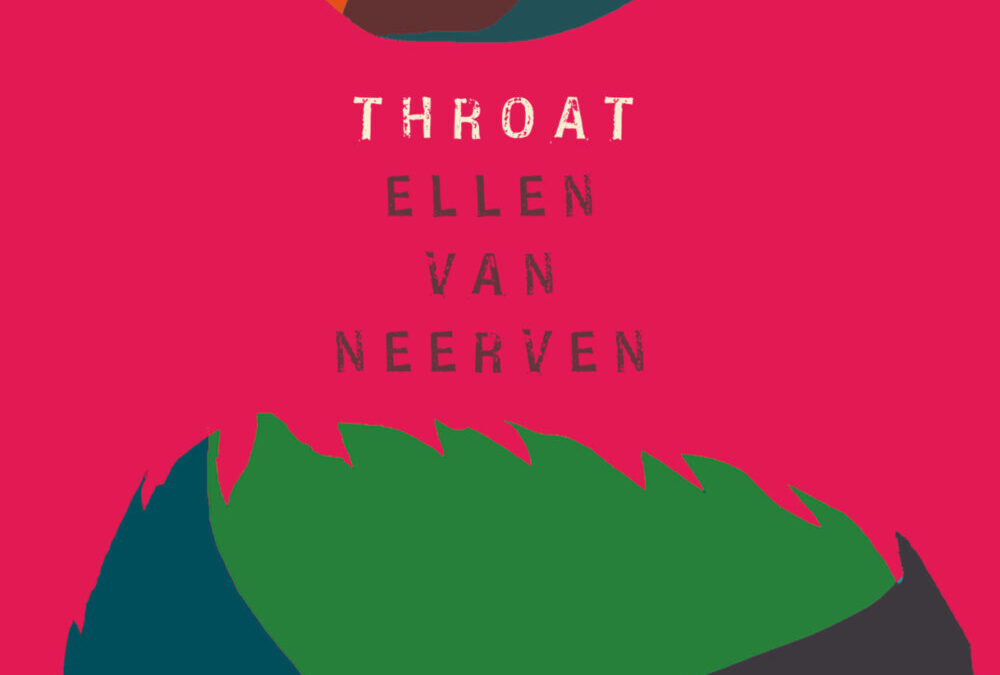
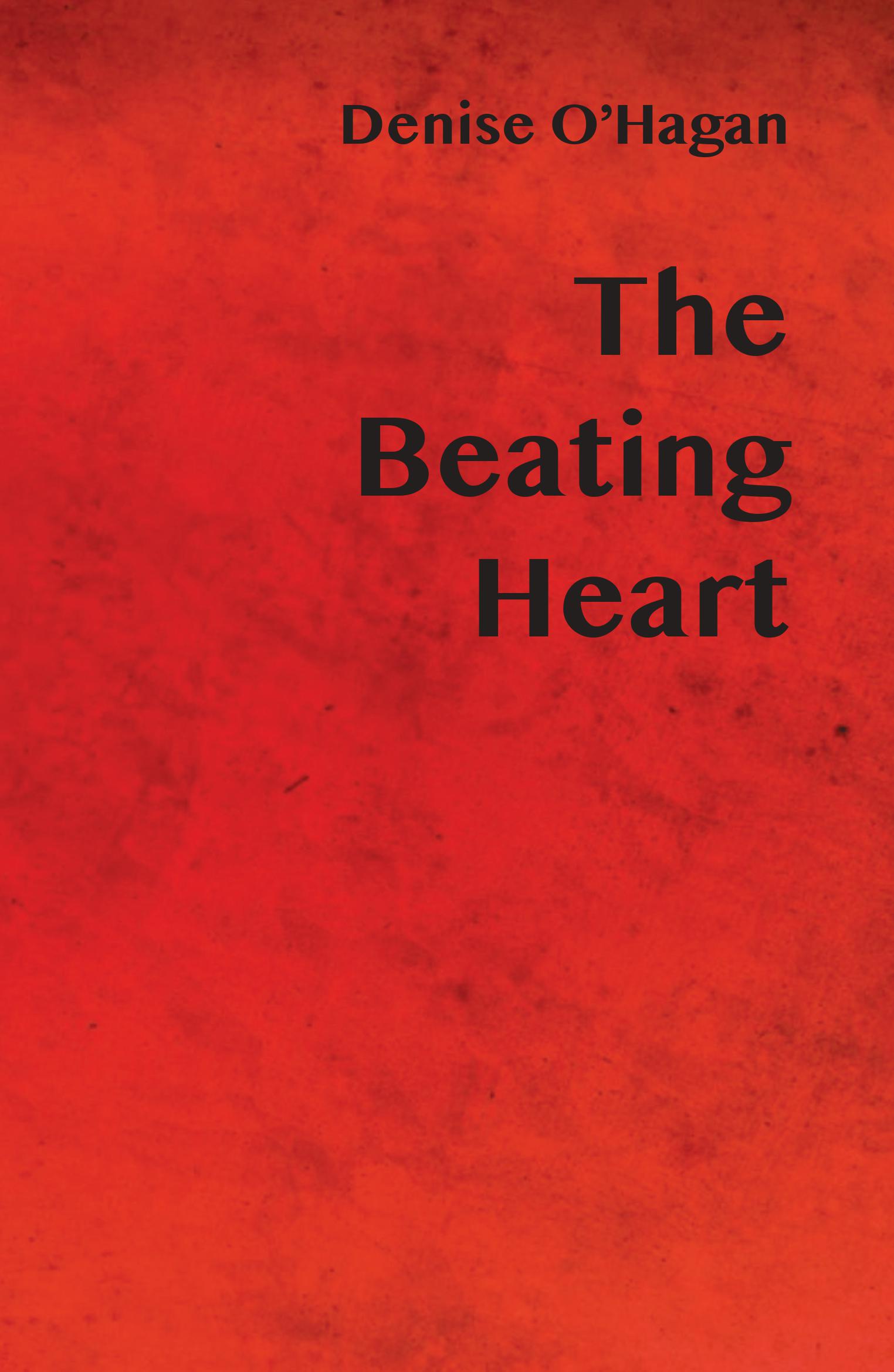




Really enjoyed this round up, thank you. And how fabulous, including the reviews on the journals, etc.
Thanks Theresa 🤓
Thank you Virginia for the very generous shout-out. And a really interesting way to present the reviews- thank you.
Thanks Janine 😊
Awesome wrap up Virginia, I loved the different categories! And thanks so much for including one of my reviews and the blog shout outs at the end, much appreciated 🙂
Oh thanks Tracey! And yes I think I agree and will keep the portion of where to find the reviewers for future updates 🙂
You know we book bloggers love that <3 Next month is Non Fiction November so fingers crossed you'll see an increase in reviews for this category of the reading challenge.